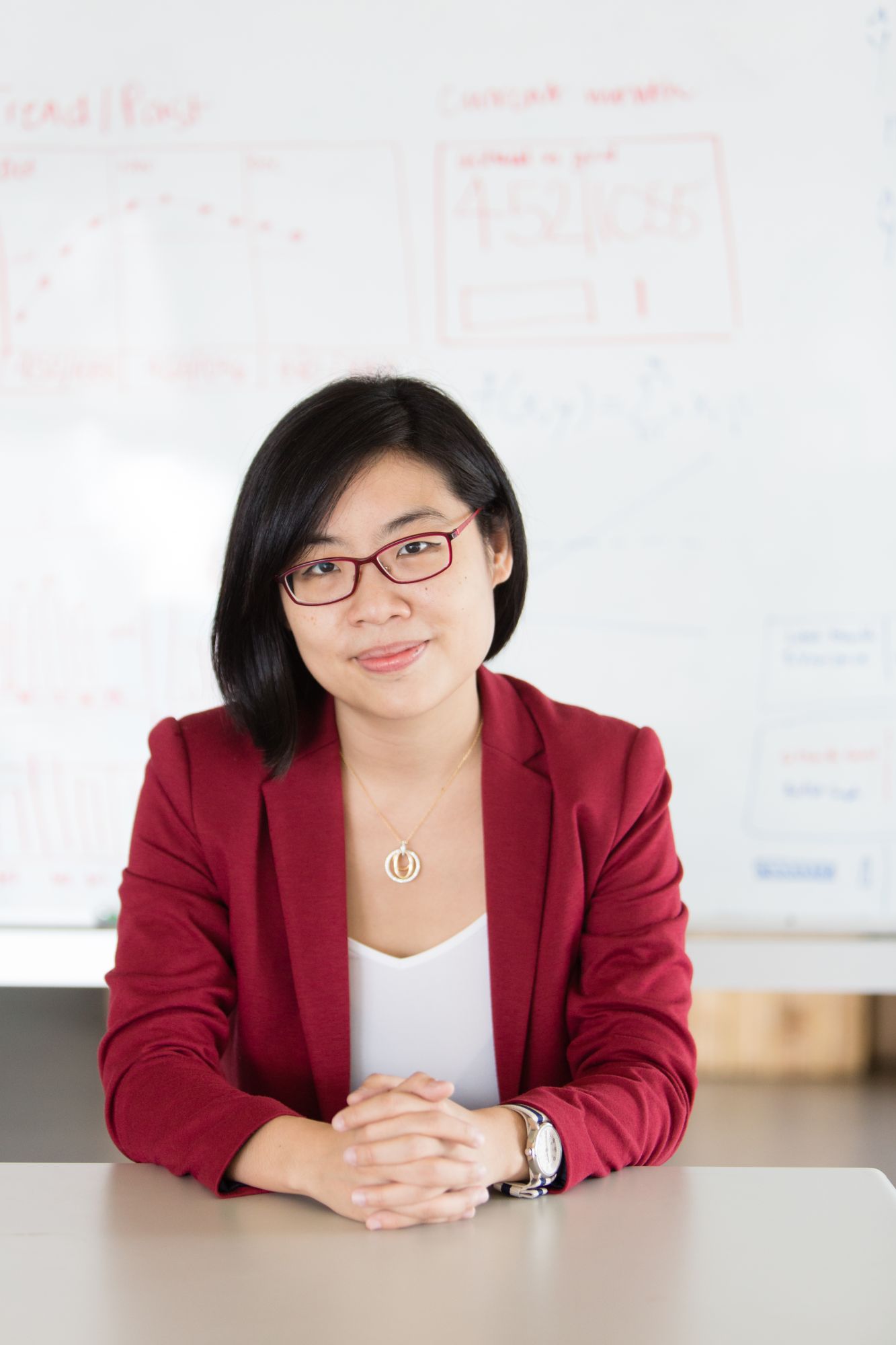The AI innovator behind Thinking Machines on good luck, bad advice and using AI to identify poverty and fight climate change
I am Generation T is a series of quick-fire Q&As with some of the extraordinary individuals on the Generation T List.
Stephanie Sy is a remarkably difficult woman to interview. Ask her a question and each point she raises is so damn interesting, it leads you down another rabbit hole of discussion.
Sy, 30, is the founder and CEO of Thinking Machines, one of the most respected data science agencies in the Philippines. The company builds AI systems and aims to educate and elevate Filipinos in an industry that is set to dominate global tech. But her real hope is to find ways that AI can make us all happier, healthier and more relaxed. We talk to Sy about the future of AI, professional ambitions and her big Bitcoin regret.
What was your biggest 'A-ha' moment in life?
As a child, I always loved maths. I’m terrible at memorisation and always enjoyed how you can take formulas and do anything with them. That love of maths has got me far. My career has been rewarding because it’s very future-facing, and I’m constantly discovering new things; tech is the one field that is very science fiction orientated
Who’s your hero?
I’m not inspired by people as much as ideas and the discovery of newness, and even the high of failing terribly and then succeeding. That’s my source of inspiration.



